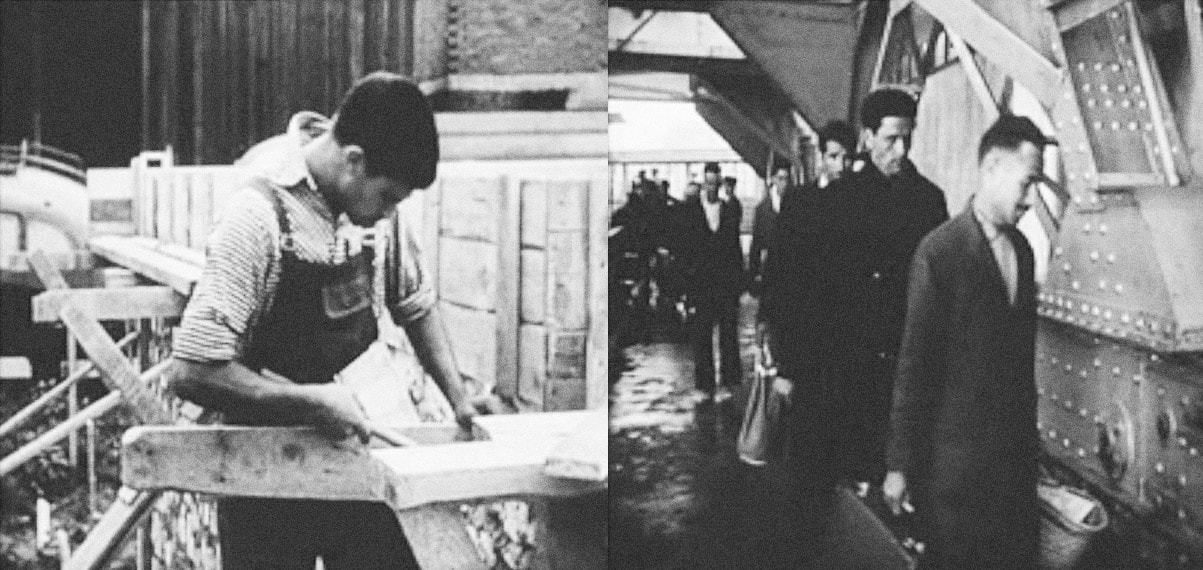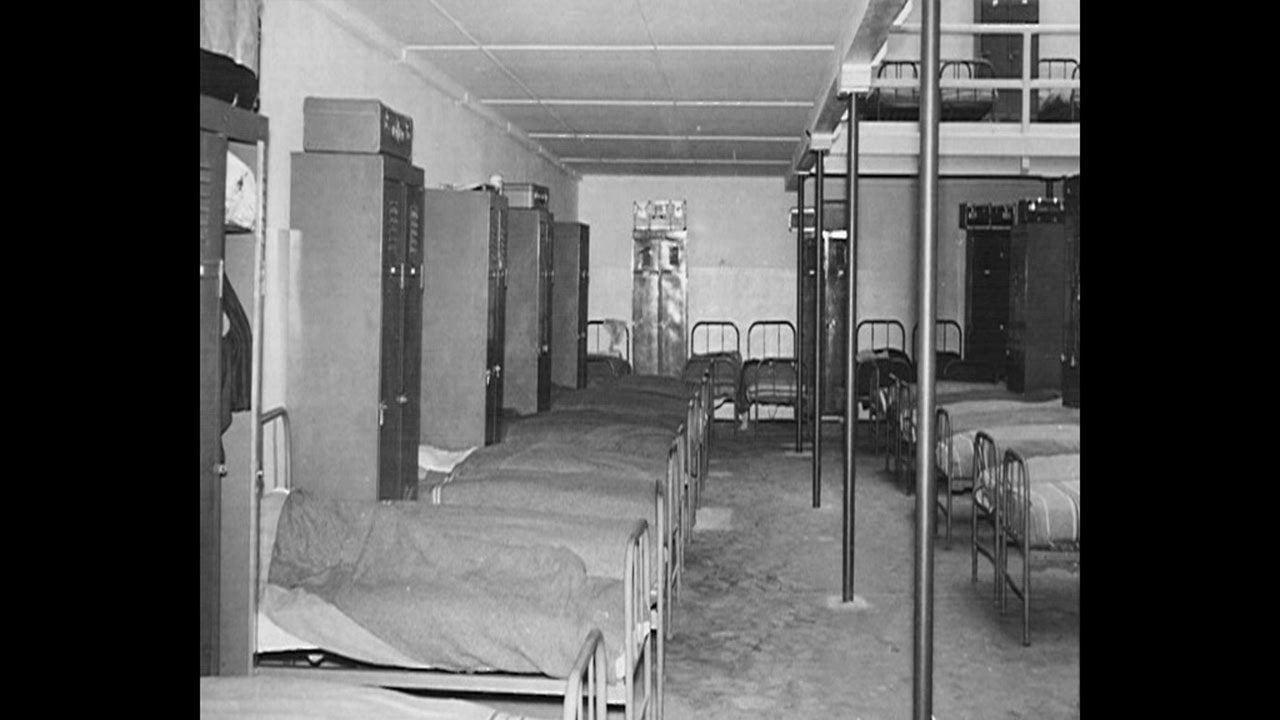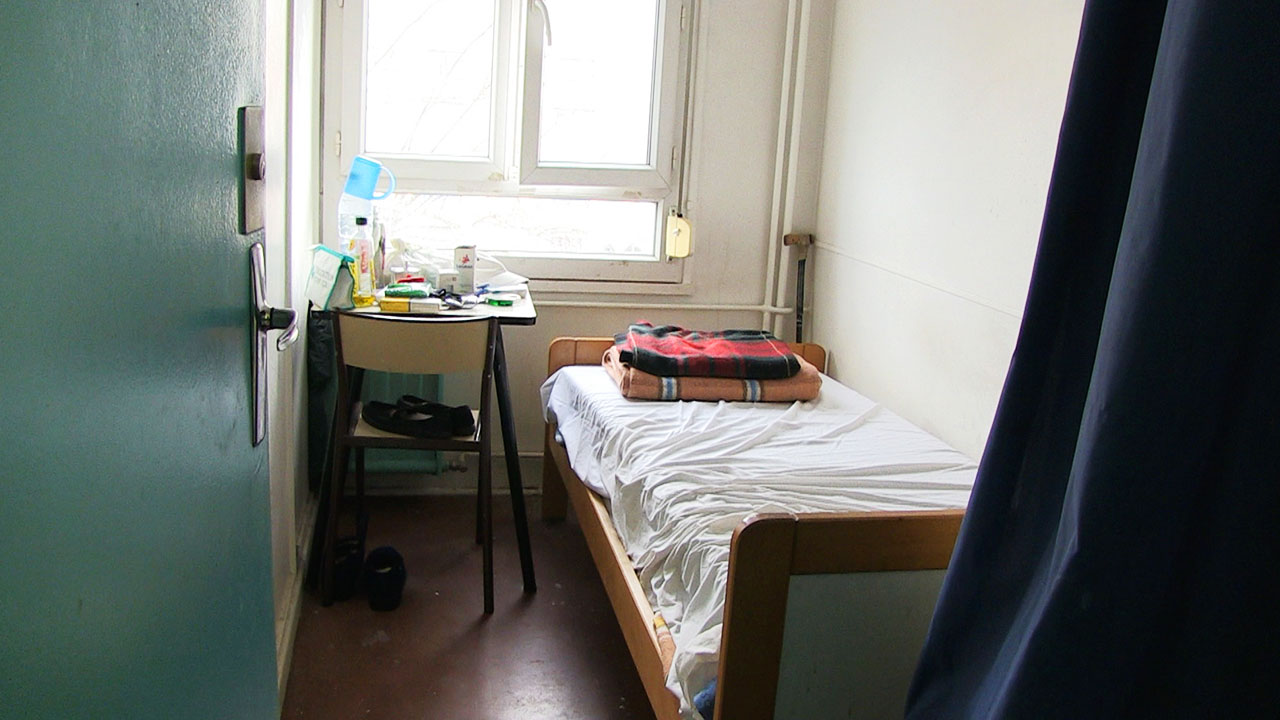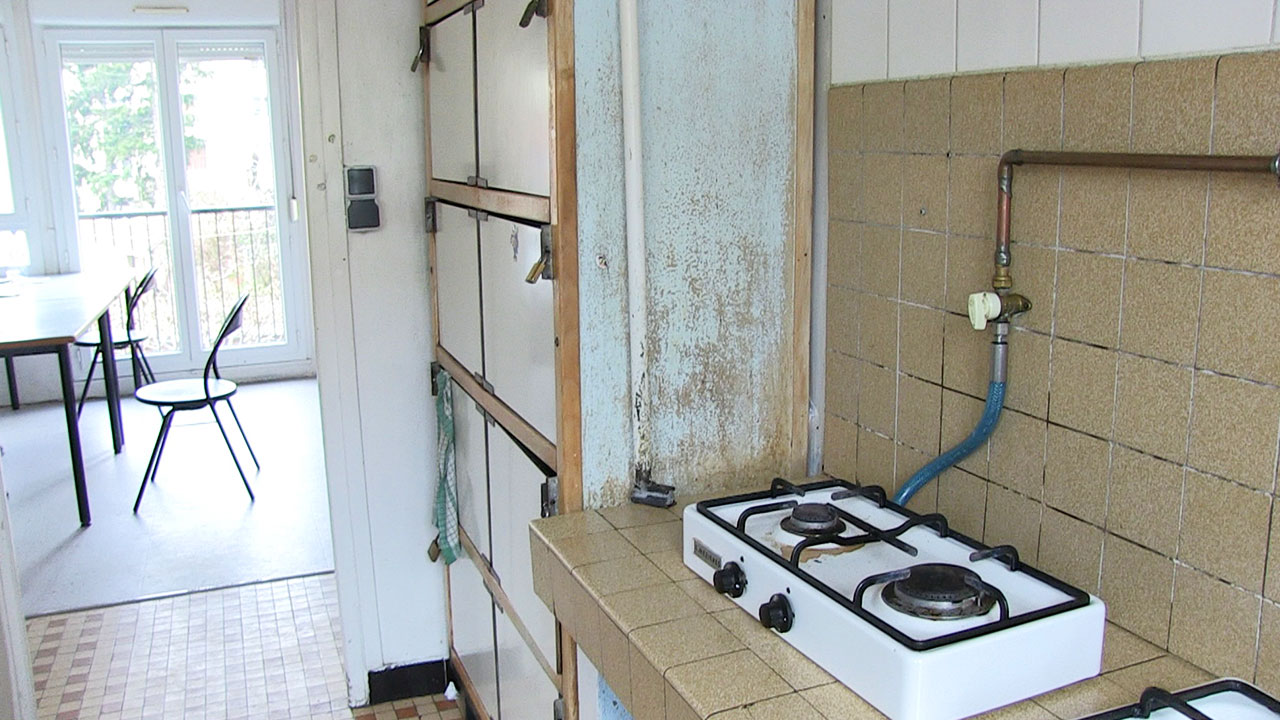12.09.2024
The Chibanis – Bitter Bread: Algerian Pensioners’ Struggle in France
Algerians who came to France in the ’50s now face laws making it hard for them to retire with their families back at home. They were caught up in French government pension rules that make it hard for them to retire with their families back home. They and the state grapple with the reality that they may never go home. They’re called ‘chibanis’ – meaning ‘white-haired’. From the 1950s, France recruited hundreds of thousands of North Africans to work on rebuilding the country after World War II. But social security laws now require them to live at least six months of the year in France, to continue to draw the benefits they rely on in old age. They were often suffered bleak lives, plagued by illness, loneliness and bureaucracy. The Chibanis represent the population of aging former immigrant workers who arrived in France in the 1970s in order to take up employment. Most of them still live in immigrant hostels, which are not appropriate for an older population. The population of Chibanis are isolated geographically from their families, live in poor socio-economic conditions, and often have insufficient medico-social coverage. They must “manage” their chronic diseases, as well as costly health problems such as dental or ophthalmic diseases. Improving care pathways for this population requires us to identify their specificities and all the factors hindering prevention actions. If chibanis left France for more than six months, they would forfeit their rights to French social security benefits, in particular healthcare reimbursements. This meant that many were left torn between living in France and their country of origin.
Credit: ALJAZEERA
Credit: ALJAZEERA
Poverty deprives people of adequate education, health care and of life's most basic necessities- safe living conditions (including clean air and clean drinking water) and an adequate food supply. The developed (industrialized) countries today account for roughly 20 percent of the world's population but control about 80 percent of the world's wealth.
Poverty and pollution seem to operate in a vicious cycle that, so far, has been hard to break. Even in the developed nations, the gap between the rich and the poor is evident in their respective social and environmental conditions.
Poverty and pollution seem to operate in a vicious cycle that, so far, has been hard to break. Even in the developed nations, the gap between the rich and the poor is evident in their respective social and environmental conditions.


















